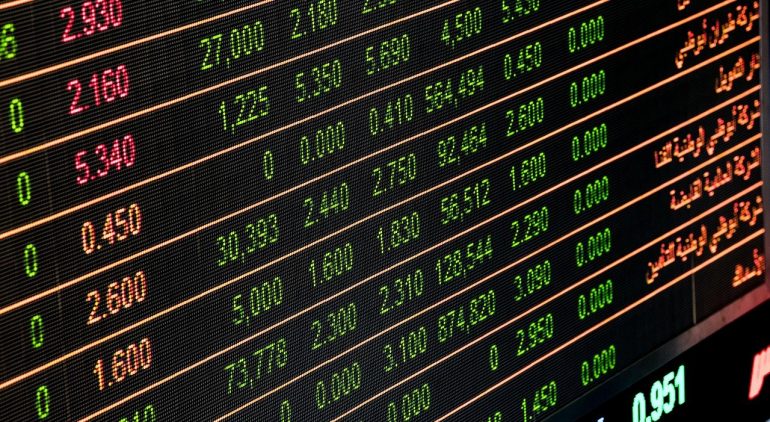While the global stock markets have benefited from an increasingly positive outlook amid the global vaccination rollout, sustained stimulus measures and the threat of inflation spikes continue to offer cause for concern.
Certainly global markets tumbled overnight as inflation fears resurfaced throughout the developed world, with this having the potential to undermine the global economic recovery and force central banks to once again tighten their policies. Investors can monitor these developments closely using tools like VectorVest to make informed decisions amidst market volatility.
In this article, we’ll appraise the risk posed by inflation and the underlying optimism that continues to underpin the marketplace, as we look ahead to quarter three and the outlook for stocks across the globe.
How the Stock Markets Surged at the Beginning of Q2
If we cast our minds back to the first week in April, we see that global stocks managed to hit record highs.
This sustained and remarkable growth was powered by both the unprecedented stimulus measures rolled out globally to combat the coronavirus and the subsequent controls placed on inflation, with US and Asia-Pacific shares performing particularly well throughout quarter one.
Tech shares on Wall Street were particularly buoyant, as receding US inflation fears were further soothed by Federal Reserve Jerome Powell. According to Powell, inflation did not represent an immediate worry, while this also helped to maintain bond yields near two-week lows in the marketplace.
According to MSCI’s broadest gauge of world stocks, the markets established a record high during Asian trading sessions on April 9th, gaining more than 1.5% during the previous seven days.
The US-focused S&P 500 also rose by 0.42% to another record high during the same period, with the tech-led Nasdaq Composite faring even better with total gains of 1.03%.
Elsewhere, Britain’s own FTSE 100 hit its highest numbers in more than a year, bringing its total weekly gains to 3% at the beginning of April. The UK benefited particularly from its successful vaccine rollout, while the Tory government’s own continued stimulus measures also delivered a boost to the nation’s biggest stocks.
Then and Now – Does Optimism Remain in the Marketplace?
As we’ve already touched on, this trend has not been sustained indefinitely, with stock markets tumbling almost overnight in May amid continued inflation fears.
The longer-term worry is that inflation will spike considerably in the summer and stimulus measures are eased and interest rates relaxed, with this likely to hit the economy (and consumer spending) hard and see a reintroduction of monetary policy controls.
However, it cannot be denied that the global vaccine rollout and subsequent easing of lockdown measures is having an overwhelmingly positive impact on the market sentiment, particularly as the IMF continues to upgrade its 2021 growth forecast.
In fact, the world’s economy is now expected to grow by 6% through 2021, with this representing an increase of 0.5 percentage points from the previous forecast issued in January.
Ultimately, it’s expected that this growth will quell any long-term fears about rising inflation through Q2 and Q3, enabling investors to invest in stocks with confidence through their chosen U.K. forex broker.
Of course, this will be an interesting space to watch in the future, particularly as lockdown measures are phased out and the economy is once again released to regulate itself.





